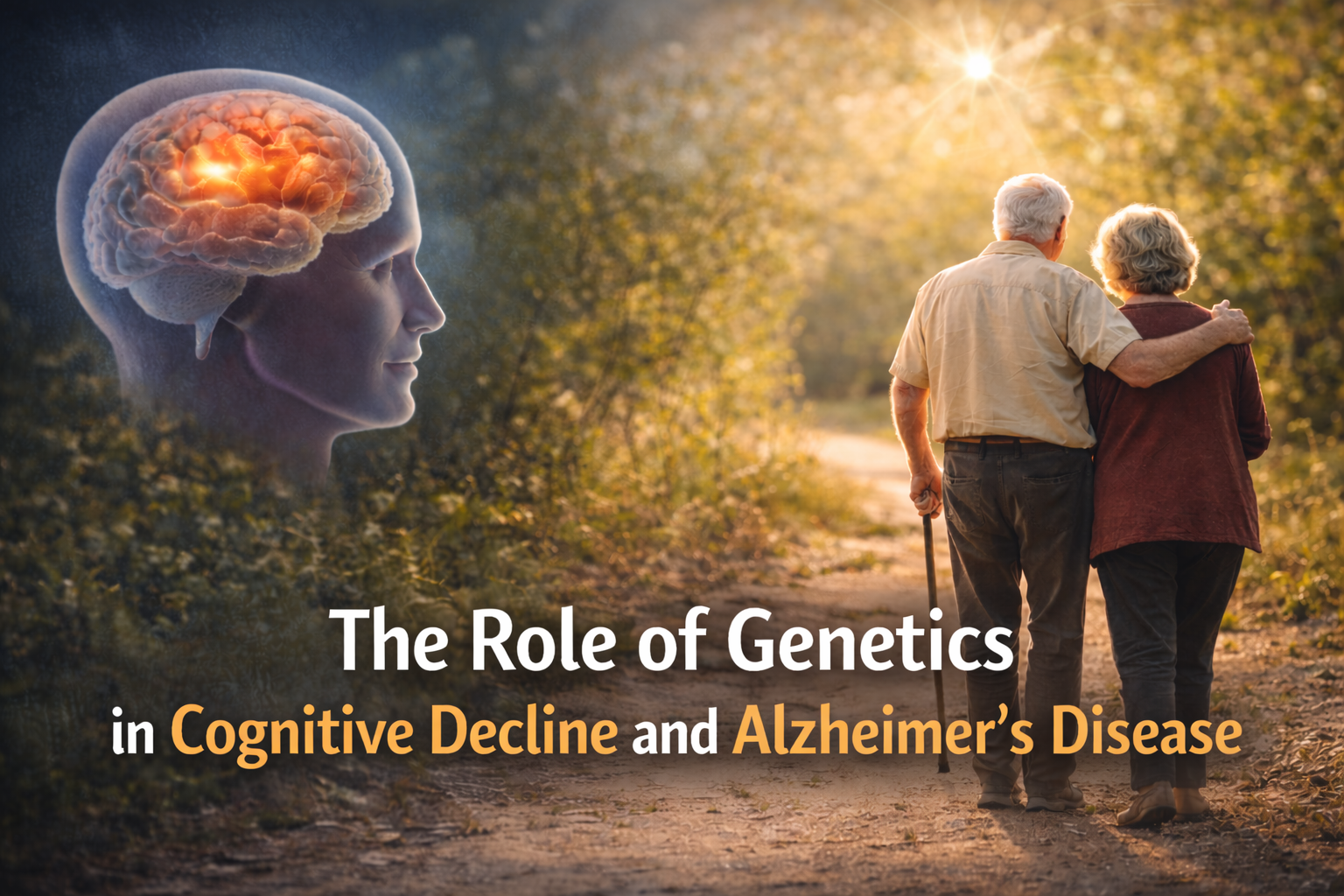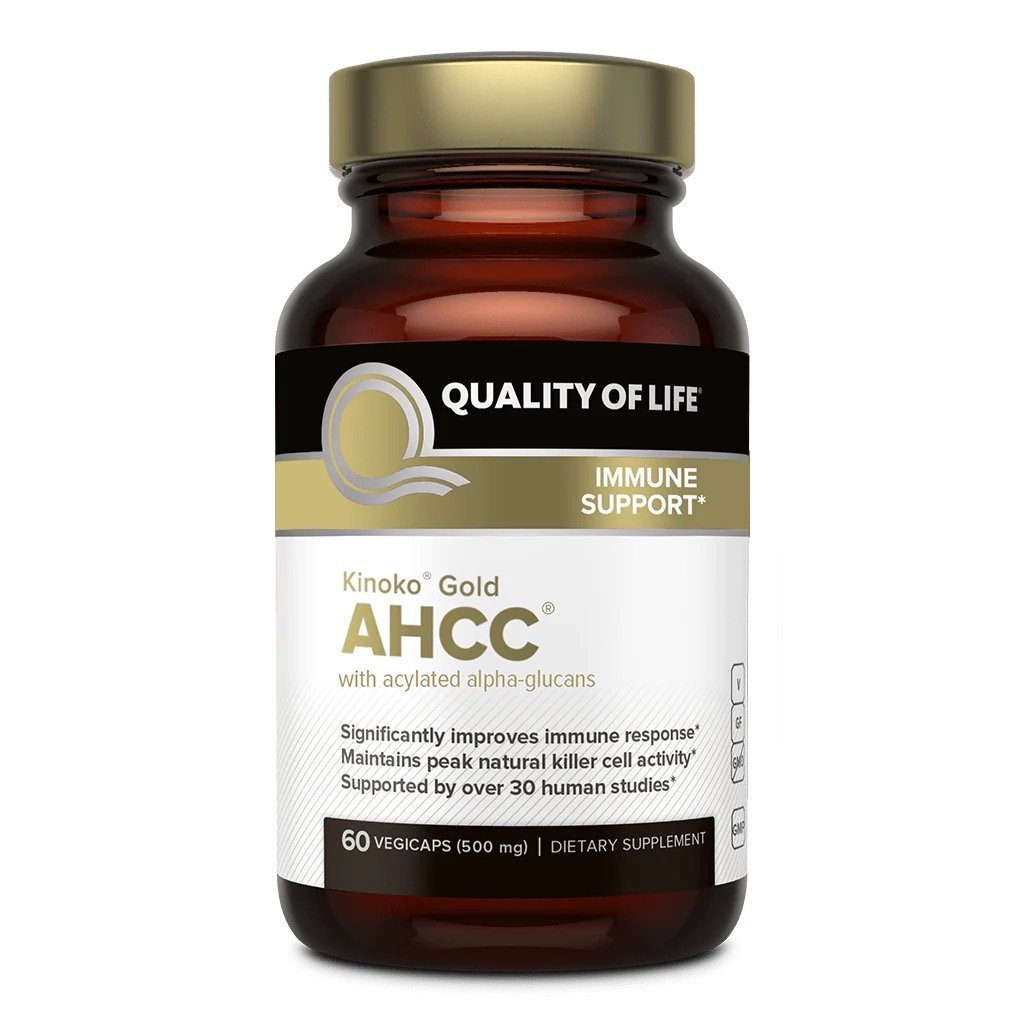Perimenopause is often a topic that women avoid, partly because we live in a society that doesn’t always support or understand this phase of life and partly because there is a misconception that there is nothing we can do to make this shift more seamless - we have no choice but to buckle up and deal with the hormonal hand we are dealt. It can feel like a confusing, isolating and challenging time, from both a physical and mental perspective. But it doesn’t have to be this way… With the right knowledge, preparation and lifestyle adjustments, you can navigate this transition with more ease, confidence and vitality. If you take anything from this article, it’s that there is so much we can do as women to prepare our bodies and minds for these shifts, empowering us to embrace the changes with greater ease and resilience.
Read More































